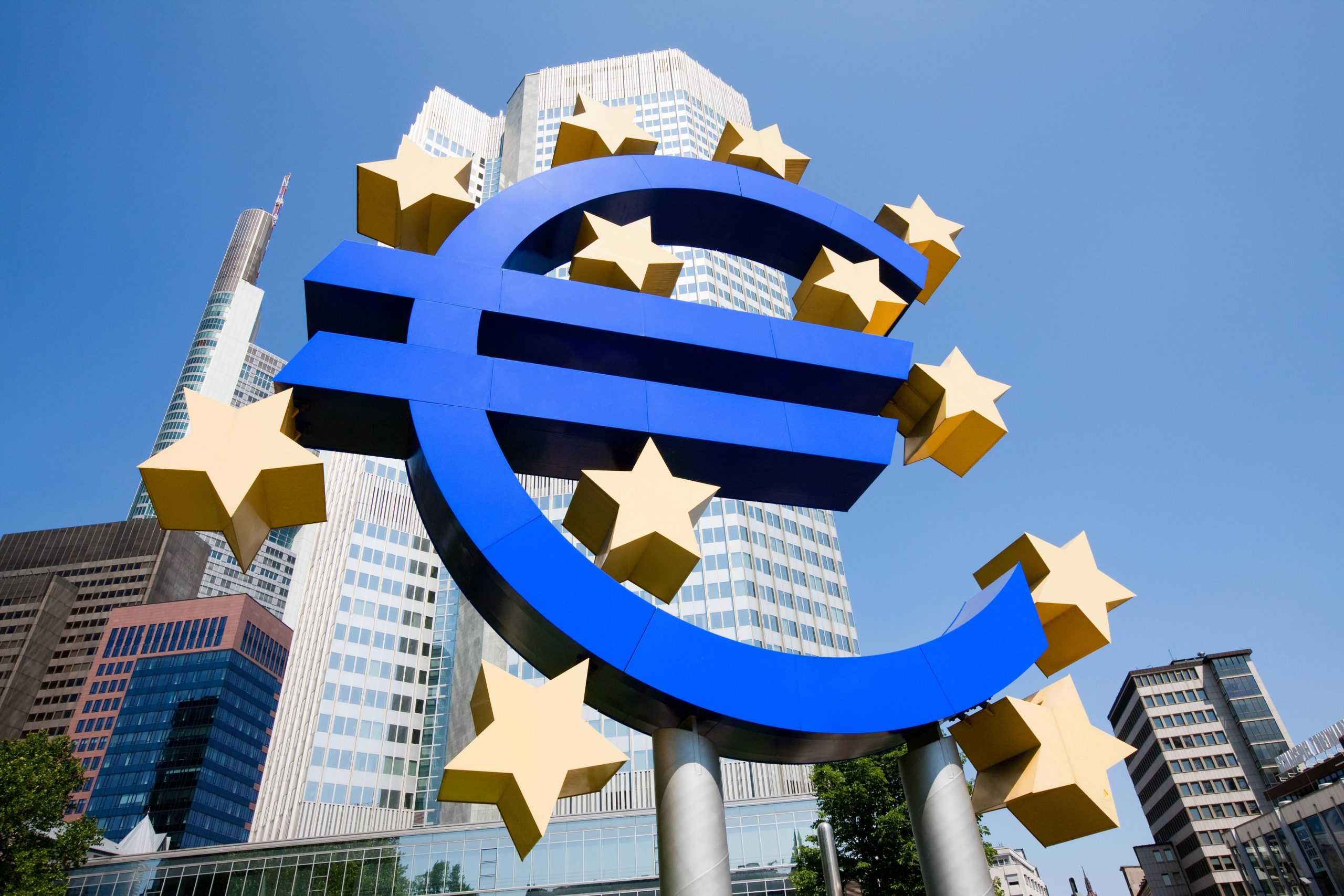THE European Union could unlock a staggering €2.8 trillion per year by 2032 if member states pursue ambitious integration policies rather than maintaining the status quo, according to a major new study.
The analysis reveals the massive ‘cost of non-Europe’ – highlighting what the bloc stands to lose if it fragments apart into states and smaller blocs that compete rather than cooperate.
The eye-watering figure, from the European Parliamentary Research Service (EPRS) analysis, could boost the EU’s total real GDP to almost €20 trillion by 2032, compared to around €17 trillion under current policies.
READ MORE: Wanting to move to Spain? How about being paid to live here
However the report also outlines the stark consequences if the EU fragments, which could trigger a devastating net real GDP loss of more than €2 trillion by 2032.
Under such a scenario, the EU’s annual growth would collapse to just 0.6%, leaving member states exposed to sovereign debt crises and wasteful national spending.
Climate change costs alone could spiral to €648 billion annually by 2050 without unified action.
READ MORE: ‘Intense’ thunderstorms and giant hailstones as DANA set to hit tourist hotspots in Spain this week
The fragmented approach would also leave businesses facing higher borrowing costs and the bloc struggling with slow, expensive crisis management.
With this context in mind, the EPRS is urging member states to bite the bullet and embark on a course of fiscal and monetary union, as well as a common foreign policy.
The report calls for completing the Single Market by removing trade barriers, creating a common business rulebook, and coordinating taxation to combat costly fraud that runs into the billions annually.
It advocates stronger coordination of national fiscal policies and even potentially establishing a joint ‘EU treasury’ of all member states.
The study pushes for a full Banking Union whilst moving towards ‘common EU defence’ in military procurement, while the EU should have a unified foreign policy.
Spain, as a major EU member state, would stand to be a key beneficiary.
The country has already received direct support through EU unemployment assistance programs and the Next Generation EU recovery funds.
As with all EU countries, Spanish businesses would gain from reduced trade barriers, whilst the country’s position as a ‘main destination’ for EU workers would continue boosting its labour market.
The study also highlights Spain’s receipt of European Structural and Investment Funds, crucial for infrastructure development in less developed regions.
READ MORE: Spain orders famous antidepressant to be recalled after batch was found with ‘impurities’
These funds support the country’s digital and green transitions, contributing to an estimated €120 billion annual EU-wide GDP impact.
With Spain’s high life expectancy of 85 years, broader EU health policies could deliver additional benefits. Joint health initiatives and medication access could provide €20.5 billion and €14 billion in annual EU-wide gains respectively.
But how could all this cash be unlocked?
Completing the single market emerges as the biggest prize, with potential annual gains of €644 billion. Simply finishing the single market for goods could add €228 billion yearly, whilst services integration could contribute another €279 billion annually.
Green transformation offers the second-largest opportunity, with coordinated climate action and energy systems potentially delivering €439.5 billion per year.
This includes a €294 billion annual boost from transforming EU energy systems and avoiding €125 billion in climate change costs.
Digital transformation could yield €384 billion annually through harmonised rules, support for small businesses going digital, and improved cybersecurity.
Better protection against cyber threats and data governance alone could add €97 billion per year.
Strengthening the eurozone through coordinated financial policies and crisis management tools could generate €321 billion annually.
The study highlights how instruments like SURE and Next Generation EU could contribute €115 billion yearly.
Employment and social policies, including poverty reduction and worker mobility, could bring €334.1 billion per year.
The free movement of workers already added an estimated €104 billion to destination countries’ GDP in 2020.
The research makes the point that deeper integration wouldn’t replace national policies but instead complement and strengthen member states’ efforts across social rights, fundamental rights, and environmental protection.
Click here to read more Politics News from The Olive Press.








